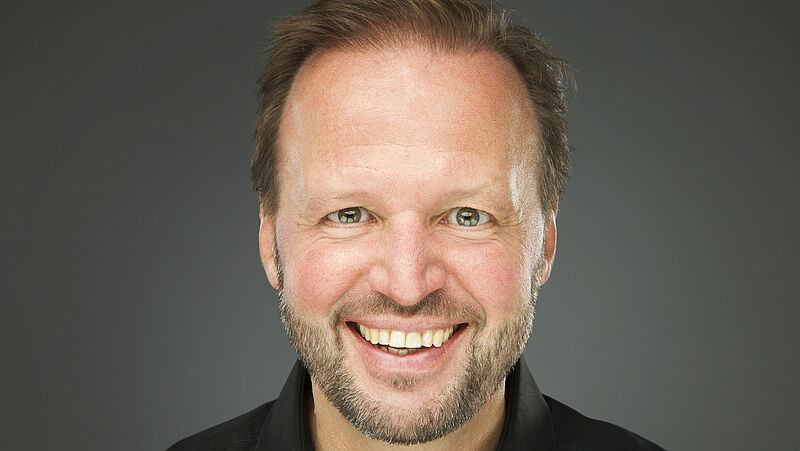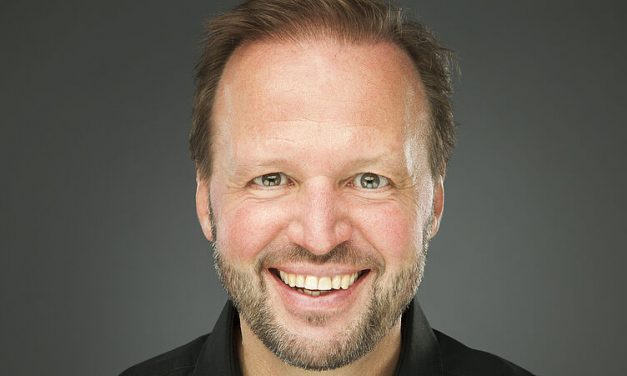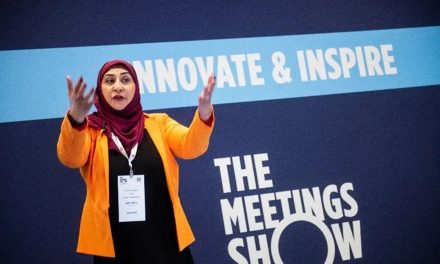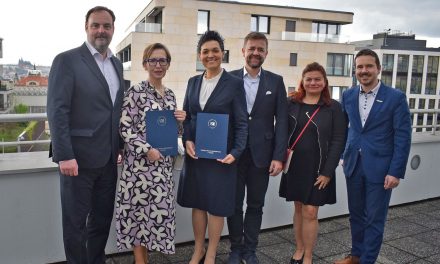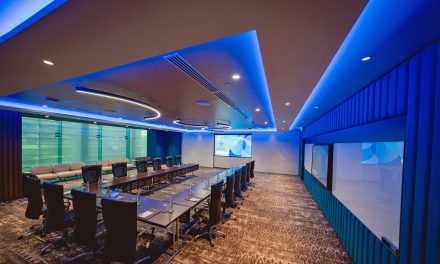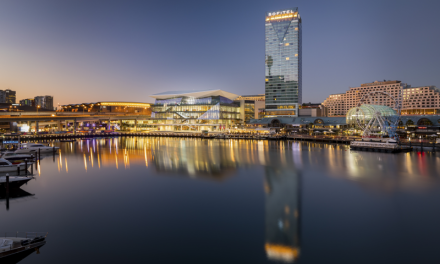CIM: The #AlarmstufeRot initiative you launched organised its third major protest on 28 October 2020 with the aim of rescuing the event industry. How were you able to ensure that the hygiene requirements were met?
Tom Koperek: The German event industry’s workforce is the best qualified in the world. It goes without saying that we met the hygiene requirements and complied with the safety standards agreed with the authorities. We didn’t allow anyone who didn’t want to comply to be involved. No one can organise and run events more safely than the German event industry.
What has been the outcome of the rescue talks with the politicians so far?
I would like to stress that we have been having really good talks with the politicians. We even managed to get a meeting with the finance minister, Olaf Scholz. The rescue talks are being coordinated by the parliamentary state secretary Thomas Bareiß, a high-ranking colleague of the minister for economic affairs, Peter Altmaier. Mr Altmaier and Mr Scholz say they can envisage a special programme to rescue the event industry in Germany. Neither of them had our industry at the forefront of their minds beforehand. That’s a consequence of the industry having failed to engage in systematic lobbying in the past.
The EU financial assistance framework was expanded to 3 million euros per small or medium-sized enterprise on 13 October. That is good news for SMEs, which would otherwise have dropped out of the temporary financial assistance scheme, having received loans from the state development bank KfW with a term of over six years.
What concrete demands do you have currently?
We are fighting for a personal contribution for entrepreneurs, sometimes known as an “entrepreneur’s salary”. The 100,000 self-employed people and sole traders have been badly affected by the crisis and in many cases are having to fall back on basic social security provision or benefits introduced by the Hartz IV labour market reforms. We need a solution from the politicians that will provide this group with adequate support.
The schemes for loans and workers on short time need to be amended, and unrealistic restrictions affecting the temporary financial assistance schemes need to be removed. The lifting of the limit of 50,000 euros per company per month is important for larger small and medium-sized enterprises.
How does the extension of temporary financial assistance until 30 June 2021 announced by the Federal Ministry for Economic Affairs on 14 October help the event industry?
It does at least hold out the prospect that many of the companies currently prevented from trading due to the measures introduced to protect the population will be able to survive financially until then.
To raise public awareness of our diverse industry, it is essential that we speak with one voice. Are any other measures being taken here apart from demonstrations?
There is currently much more news coverage of our industry. The #AlarmstufeRot initiative has brought all the industry’s key associations and institutions together in an alliance. Thanks to the professional and extremely well-coordinated collaboration between the associations and the solidarity they have shown, the whole industry is now speaking with one voice. This is being very well received both by the public and the politicians.
To what extent is live communication of systemic importance?
It is systemically important because it is key to our cultural life and how we interact with each other. Our social lives would be inconceivable without live communication: trade fairs, conferences, events, concerts, festivals and private parties. Life plays out in the relationships people have with each other. We humans are social creatures, business is done between people, and people communicate with each other best in person.
Many thanks for the interview, Mr Koperek. Katharina Brauer

